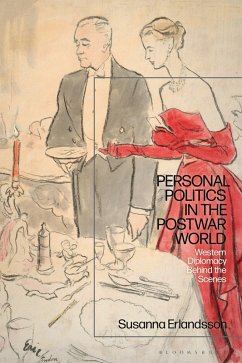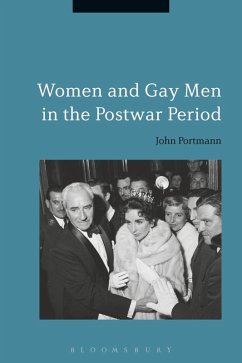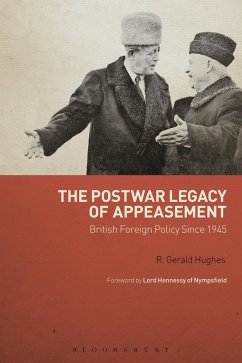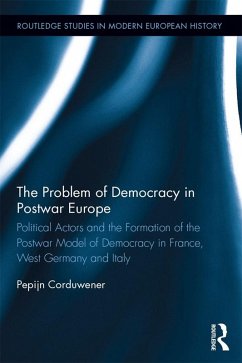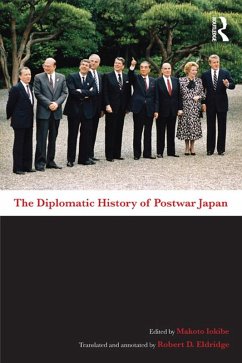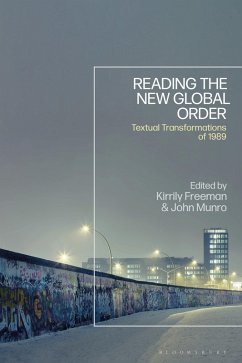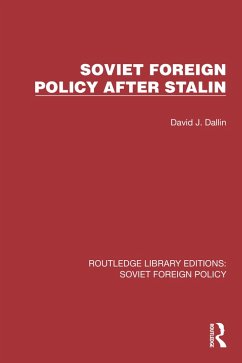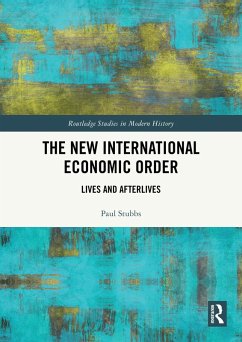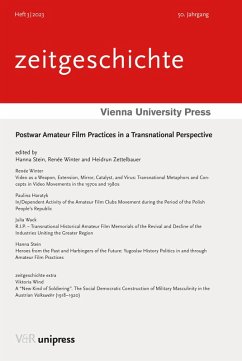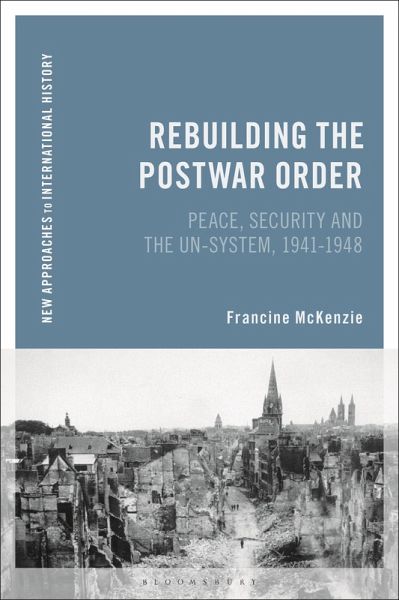
Rebuilding the Postwar Order (eBook, PDF)
Peace, Security and the UN-System
Versandkostenfrei!
Sofort per Download lieferbar
16,95 €
inkl. MwSt.
Weitere Ausgaben:

PAYBACK Punkte
8 °P sammeln!
Throughout the Second World War, a wide range of people, including political leaders and government officials, experts and armchair internationalists, civil society groups and private citizens talked about and formulated plans to ensure national security and to promote individual well-being in the postwar world. Rebuilding the Postwar Order explains how civil society and governments of the wartime allies conceived of peace and traces the international negotiations and conferences that later resulted in the United Nations system. It adopts a multilateral approach, connects wartime ideas to earl...
Throughout the Second World War, a wide range of people, including political leaders and government officials, experts and armchair internationalists, civil society groups and private citizens talked about and formulated plans to ensure national security and to promote individual well-being in the postwar world. Rebuilding the Postwar Order explains how civil society and governments of the wartime allies conceived of peace and traces the international negotiations and conferences that later resulted in the United Nations system. It adopts a multilateral approach, connects wartime ideas to earlier peacemaking efforts, and reveals support for, as well as resistance and alternatives to, the emerging postwar order. In chapters on the United Nations, UNRRA, the IMF, World Bank and GATT, the FAO and WHO, UNESCO, and human rights, McKenzie explores the tensions between national sovereignty and international responsibility, national security and individual well-being, principles and compromises, morality and power, privilege and justice, all of which influenced the UN system.




